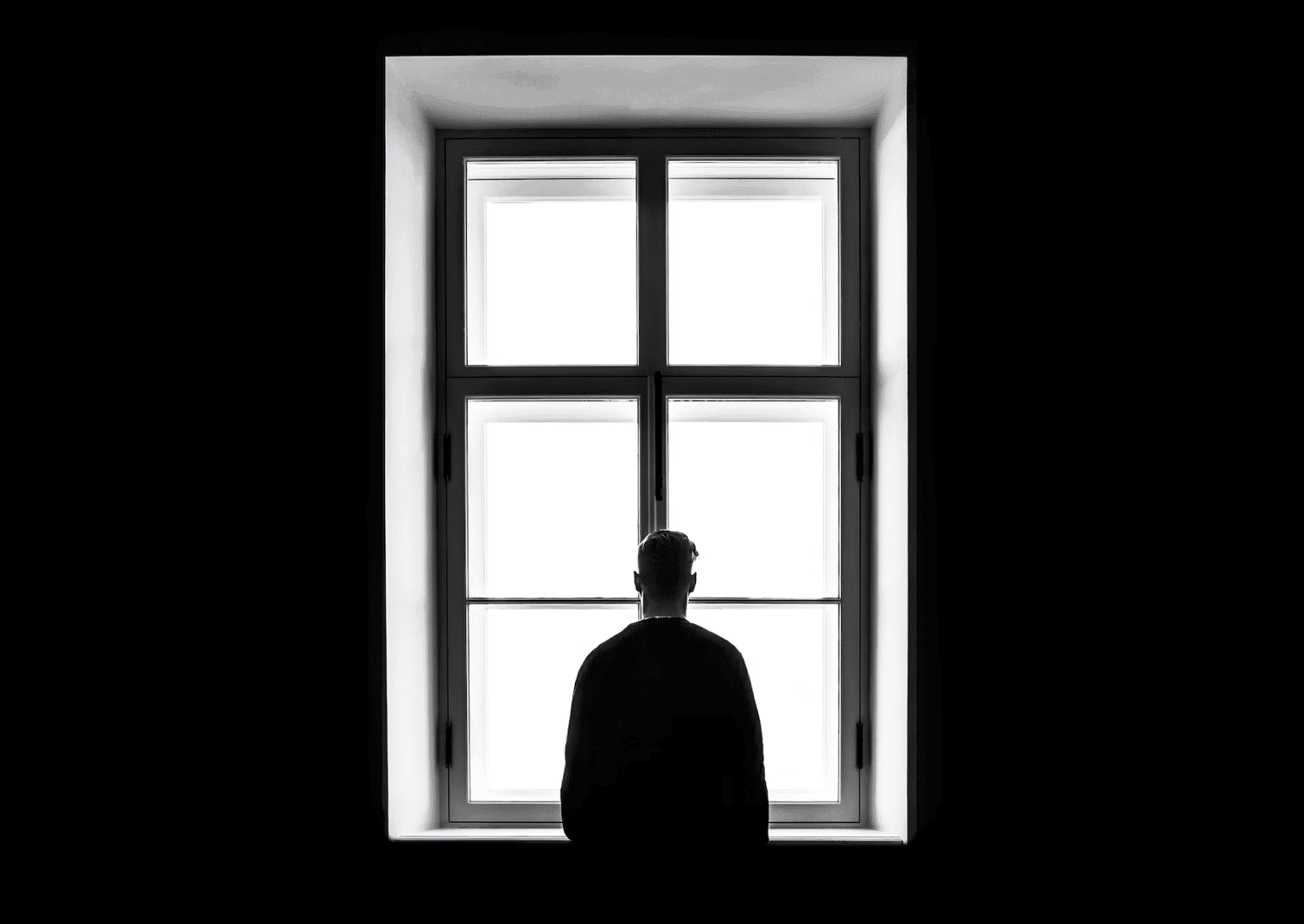For many people, trauma becomes the first and most significant shame message in their life.
It’s not just the pain of the traumatic event or a dysfunctional environment that weighs people down. There are messages and lies that a person takes to heart as a result of the trauma. Renowned psychotherapist and Harvard professor Elvin Semrad declared,
“The greatest source of a person’s suffering are the lies they tell themselves.” 
What Professor Semrad observed is a biblical truth related to spiritual warfare. It should come as no surprise that trauma is another manifestation of spiritual warfare. Satan’s goal is to establish strongholds in a person’s mind by implanting lies.
Paul wrote:
When lies are not taken captive to obey Christ, they become strongholds. A stronghold is a deeply held false belief. Strongholds determine a person’s perspective of how they see themselves, God, and life in general.
Shame is the most common message that trauma delivers to people. When a person feels the worthlessness accompanying shame, they are easily isolated and trapped in addiction.
Addressing Trauma in How to Quit Porn
Because of the intensity and often time debilitating nature of trauma, trauma survivors are more susceptible to addictions. In looking for a way to move beyond trauma, or at least quiet it down, people will seek out many different forms of distraction or attempted healing that typically leads to more pain and destruction.
Enter addiction to pornography.
A person may be medicating their stress and anxiety associated with trauma by using porn, but, in many cases, trauma is fueling negative emotions. The purpose of exploring trauma is to identify the root of the pain a person seeks to medicate with porn.
Addressing past trauma is critical to breaking the cycle of addiction on how to quit porn.
Identifying, confronting, and effectively processing these traumatic memories and shame messages, often with the help of professional counseling or therapeutic groups, is essential for overcoming addiction.
Six Practices for Trauma to Quit Porn
Often, this is a shameful message that you are wrong, unworthy, or unlovable, and identifying this lie is essential so it can be combated with the truth of God and your identity in Christ.
Trauma expert Dr. Van Der Volk says, “Being able to share your deepest pain and deepest feelings with another human being … is one of the most profound experiences we can have. Communicating fully is the opposite of being traumatized.”
Though verbal processing in a small group setting is helpful, some with more severe trauma may need professional help to process their pain. This might mean going to see a professional counselor or therapist.
Your trauma has made you feel shame, which sparks negative emotions, leading to you acting out through pornography and masturbation. Can you recognize this cycle in your life? Recognizing this cycle and combating shame and negative emotions with the truth of God is critical to how to quit porn.
Part of processing the wounds of the past is to acknowledge and grieve your pain and loss. The Bible says, “There is a time to weep… and a time to mourn” (Ecclesiastes 3:4). People who stuff their pain instead of grieving it typically get tripped up by it later. Grieving a loss is part of processing trauma healthily.
Unforgiveness and bitterness hurt the one who refuses to forgive. Forgiving and releasing those who have hurt you align you with Christ. The Bible commands us to “be kind to one another, tenderhearted, forgiving one another, as God in Christ forgave you” (Ephesians 4:32).
Forgiveness doesn’t mean excusing the people who hurt you or remaining in an abusive relationship. However, you can still call sin what it is and choose forgiveness.
It is vital to have support and accountability when processing the pain of the past. When a person experiences their past pain, it can trigger them and lead to relapse. People must be prepared as they begin this process and take precautions to have extra boundaries and accountability.
Trauma is destructive because it delivers powerful shame messages that limit a person’s awareness of God’s love. Childhood trauma is a particularly potent root of porn addiction. Unaddressed trauma fuels shame and negative emotions that regularly trigger the porn or sex addict to act out. Until the trauma is identified and processed, it will keep people stuck.
You don’t just quit a porn habit but must outgrow it at a heart level, and you can’t do it alone.
It feels daunting, but our 30-Day Challenge is a great place to start as we lock our phones, lean on our community, and begin to walk toward community.
Pursuing community is not a one-time event. But it is worth it. Fleeing isolation and taking steps towards community is taking steps towards a life of freedom, joy, peace, and greater intimacy with God and others.




